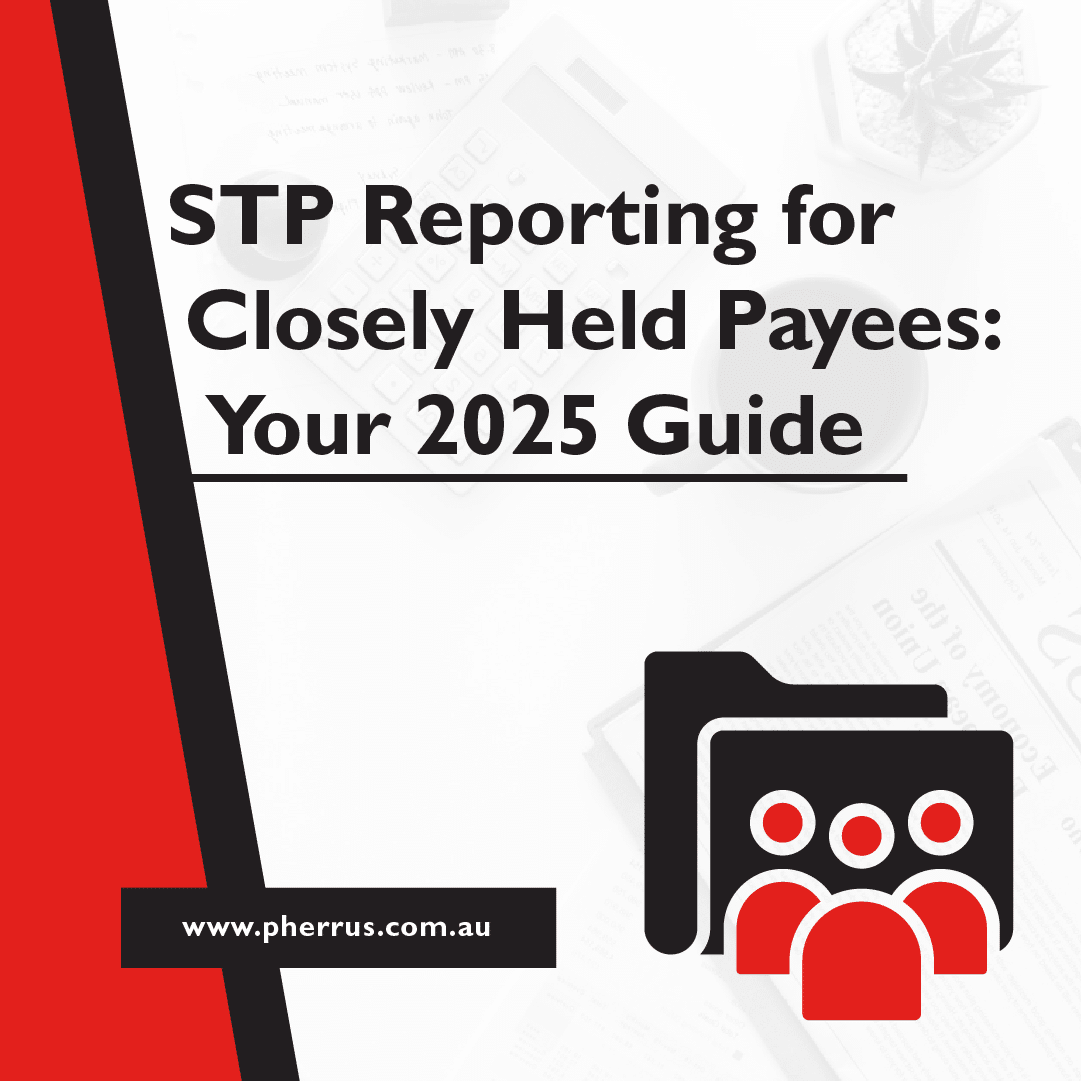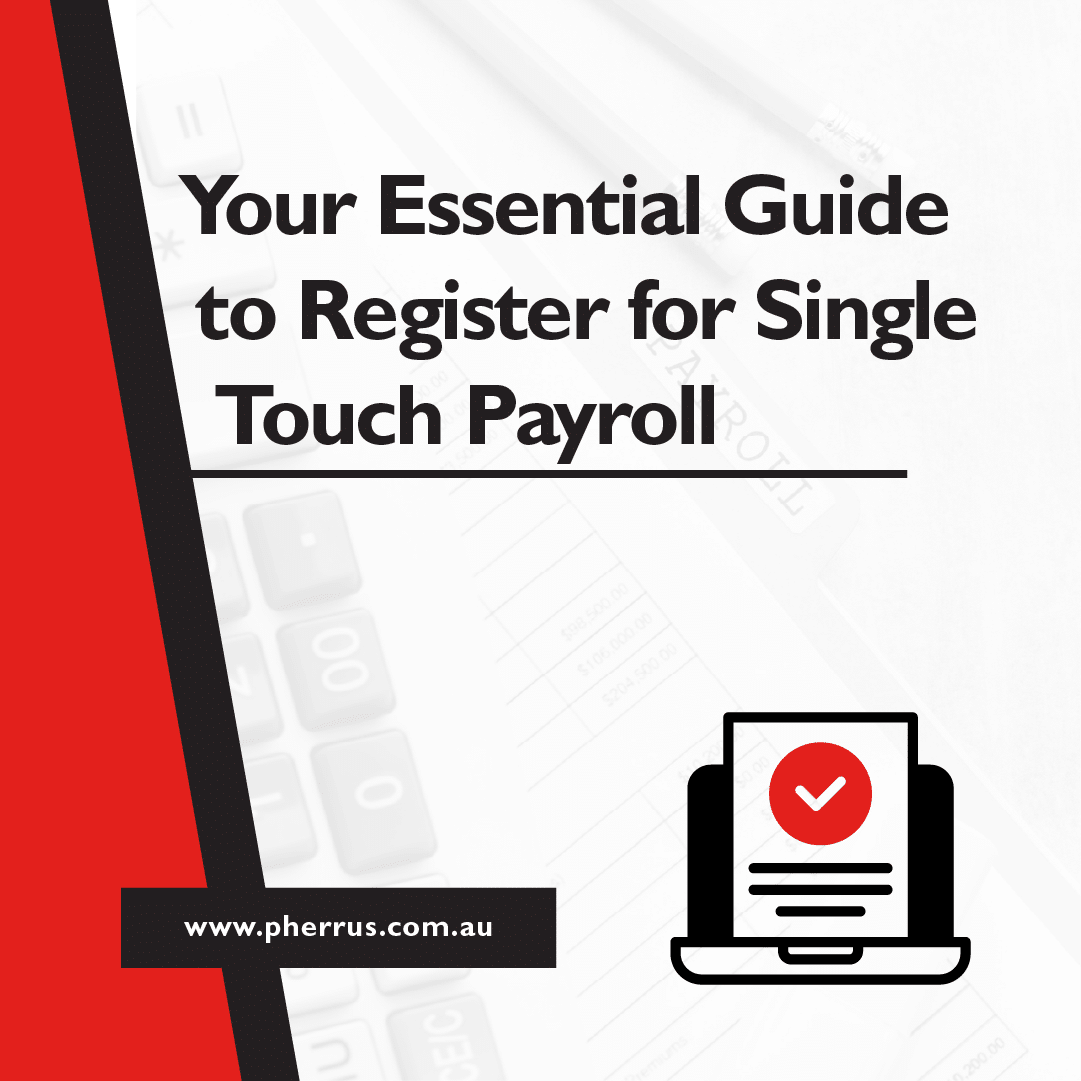The Covid-19 pandemic is a worrying time, not least because many businesses are wondering how best to support their employees when income has dried up. To assist the many enterprises across the country that have either had to close completely or seen a dramatic reduction in trade due to the pandemic, the government has put in place a series of economic stimulus measures. One of these is the Jobkeeper payment: a sum of money up to $1,500 per employee, which is paid fortnightly for businesses which have seen a marked dip in business due to the pandemic.
What companies are eligible for the Jobkeeper payment?
The payment is available to businesses to support both employees and those who are also active in the business, but not employees. The most obvious example of the latter is sole traders, who are clearly active in the business but who are not employees. Others include trust beneficiaries and directors. Private companies and not-for-profits can apply for employee Jobkeeper payments on behalf of their employees; non-employees are only eligible if they operate in a private sector business. Note that public sector enterprises are not eligible to apply for Jobkeeper payments.
Which businesses can apply?
It’s important to note that it is businesses which need to apply for this payment, not employees. The money is paid to businesses and is intended to provide cashflow to keep business integrity in the short-term. To apply, a business needs to have an ABN. It also needs to have lodged a tax return with ATO for 2018/19, or be able to provide alternative evidence of trading.
For businesses with a turnover of $1 billion or less, a 30% reduction in turnover in comparison with last year’s figures for the same time span needs to be shown. Businesses with a turnover of more than $1 billion need to demonstrate they have taken a hit of 50% in profit or more, in order to be eligible. For ACNC-registered not-for-profits or charities, a 15% decrease in trade needs to be demonstrated.
Employees also need to provide information
Even though employees do not receive the Jobkeeper payment directly (it’s paid to the business, who then distributes the cash when it arrives), they still need to fill in an employee nomination notice each. These, along with the relevant financial evidence, need to be forwarded to ATO. Making sure you have all the necessary information to successfully apply for the Jobkeeper payments can be a challenge: we are here for you. Pherrus Financial Services offers professional accounting advice. As well as Covid-19 specific guidance, we can also advise on tax and more generic financial matters. Please contact us for further information or to book a remote appointment with one of our accountants




